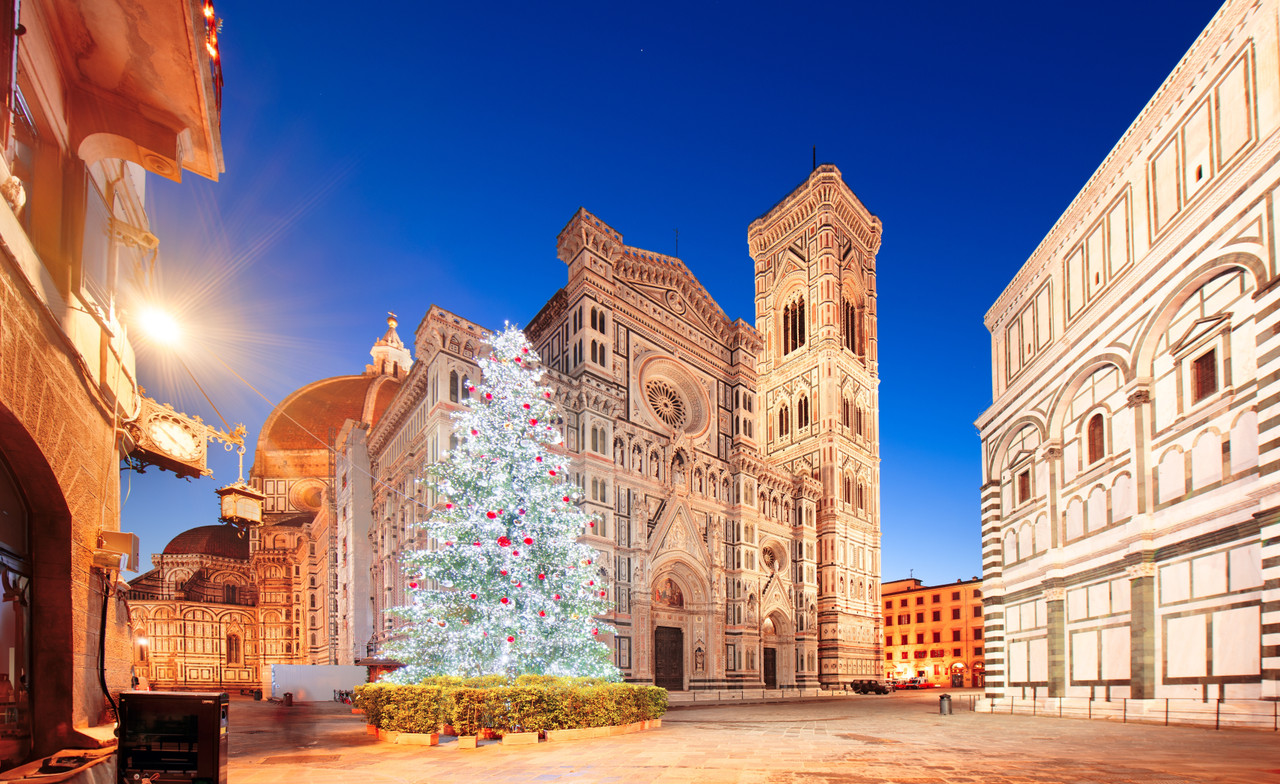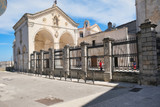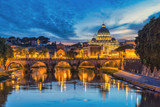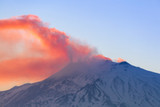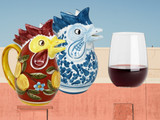The Christmas Season in Italy
The Christmas Season in Italy
Last year, my family and I spent the Christmas season in Italy which turned out to be a truly memorable experience!
Italy is one of the most beautiful places in the world, but it takes on an even more enchanting appeal as it becomes draped in the spirit of Christmas. Unlike America, where Christmas is centered around commercialization and Santa Claus, the Italians celebrate the real meaning of Christmas – the celebration of the Birth of Jesus Christ.
Christmas in Italy kicks off its festivities on December 8 with the feast of the Immaculate Conception and the festivities continue until January 6 – the Epiphany of the Lord or Three Kings’ Day.

December 8th: The Immaculate Conception
Italians observe this national holiday with a mix of religious services, family gatherings, and the official start of the Christmas season. Many will attend Church, celebrate Mass and pray the Rosary in honor of the Virgin Mary. This holiday starts the Christmas season, and most families will set up their Christmas trees and nativity scenes. Many towns like Rome hold large public celebrations, often featuring parades and the Pope leading the crowning of a statue of Mary with flowers and other towns celebrate by lighting the town Christmas tree. In the evening, families gather for a special meal frequently featuring hearty dishes like lasagna and cannelloni, roast lamb, or meat broth with meatballs.
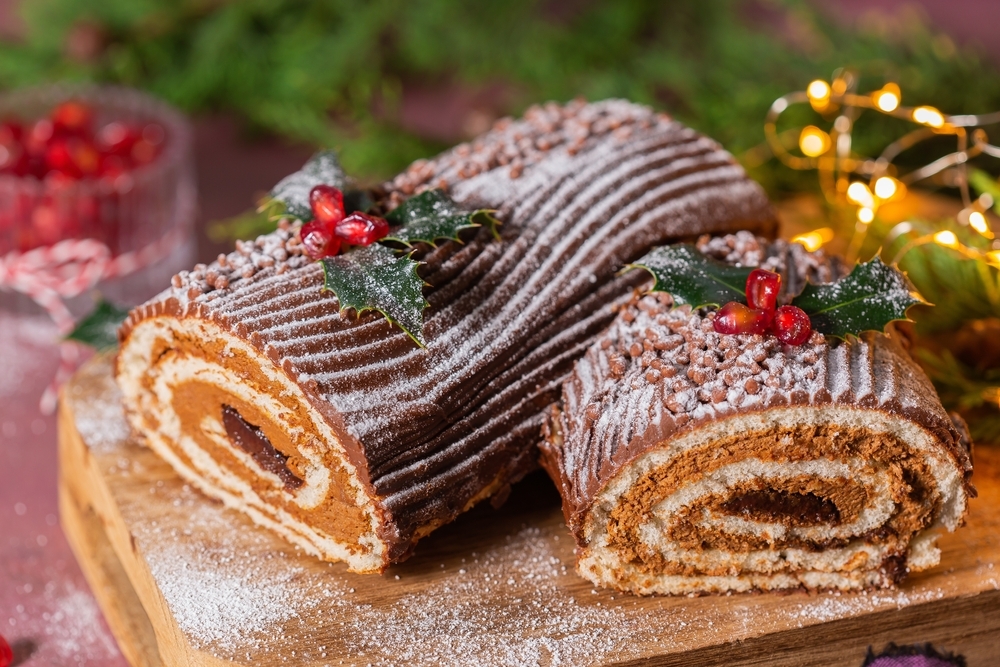
December 13th: Santa Lucia Feast Day
On the Feast Day of Saint Lucia (December 13th), Italians celebrate with regional traditions that include eating special foods, attending processions, and children receiving gifts. Saint Lucia was one of the early Christian martyrs and is known for having her eyes were removed before they were miraculously restored.
In Northern Italy, Saint Lucia is portrayed as a gift giver who brings small gifts to good children on December 13. On the night prior, children will leave out snacks for her, such as milk and biscuits for the saint, and hay or carrots for the donkey she rides.
Southern Italy revers Saint Lucia as one of their patron saints and the festivities here are much more elaborate. The town of Syracuse holds a week-long celebration with church processions and meals with traditional foods including cuccìa, a dish made from boiled wheat berries, often mixed with ricotta cheese, chickpeas, or other sweet ingredients. This commemorates a miracle in which the saint ended a famine by miraculously causing wheat-filled ships to arrive. In Palermo, people also eat arancine (fried rice balls) on this day. And throughout Italy, Italians will attend church services and light candles in her honor.
December 16th: La Novena
The nine-day period before Christmas, La Novena or Novena di Natale (Christmas Novena) represents the journey of the Three Wise Men to baby Jesus. This is a time of prayer, and in rural areas, children dress as the magi and go door-to-door, sharing carols and poems in exchange for sweets. Churches and theaters host special Christmas performances throughout this period.
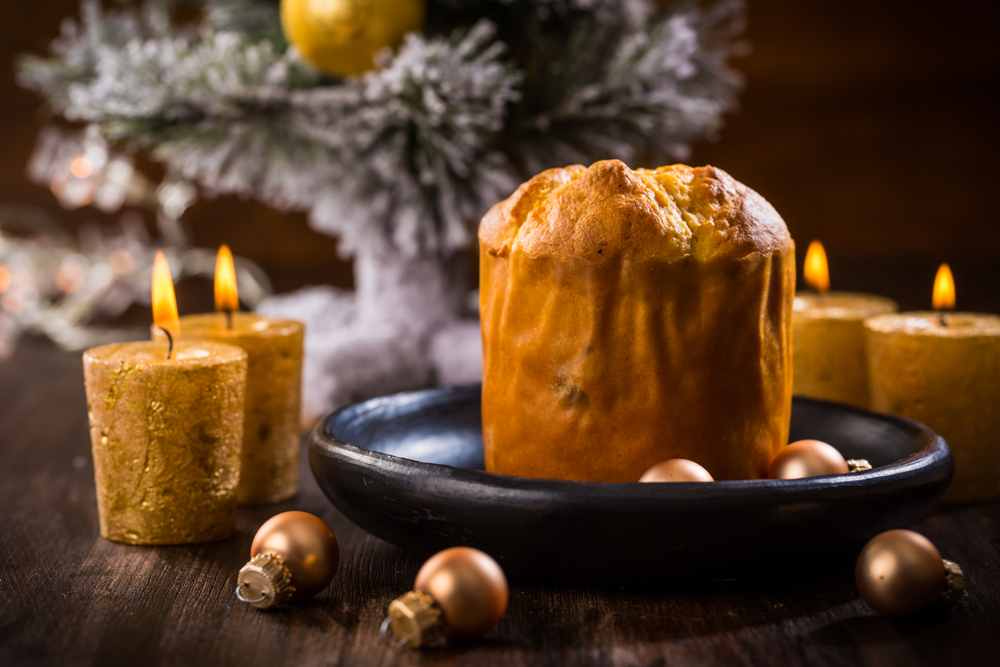
December 24th: La Vigilia (Christmas Eve)
On Christmas Eve, many Italians fast by abstaining from meat and dairy. This abstinence is a religious observance that continues until Christmas Day and is a way to honor the birth of Jesus by showing respect through sacrifice. The fasting is followed by a large seafood feast ("La Vigilia") where the extended family gathers. After the meal, many attend Midnight Mass, and some families exchange gifts, especially for children. Some families also play a game of "Tombola".
December 25th: Natale (Christmas Day)
The main day has arrived – the Birth of Jesus Christ!!! Families gather for a hearty feast and the meat dishes return. Feasting will continue for hours and traditional sweets like panettone will be shared.
January 6th: Epiphany of the Lord and The Visit of La Befana
On the Eve of the Epiphany, children hang stockings up for La Befana to fill. Befana is part of Italian folklore. All Italians know the tale of Befana who was visited by the Three Wise Men who stopped to ask her directions to find the baby Jesus, but she was too busy with chores to join them. After they departed, she regretted not joining them so she set out with gifts to find the baby, but she was unable to locate him. Now for eternity, she traveled the world on the eve of the Epiphany delivering presents to children in hopes of finally finding the baby Jesus.
On Epiphany Day, which commemorates the visit of the Three Wise Men to the baby Jesus in Bethlehem, churches hold special masses and religious processions. Many towns hold public celebrations with parades and bonfires. Families gather to enjoy festive meals and desserts, which may include panettone and special Epiphany cakes, such as the Fugassa d'la Befana. Many of these cakes have a hidden bean or coin inside. The one lucky enough to find the treasure will be rewarded with good luck.

SHOP For Christmas Nativities from Italy

